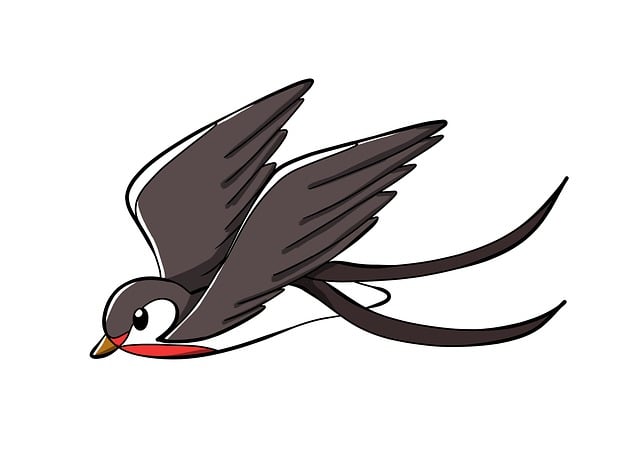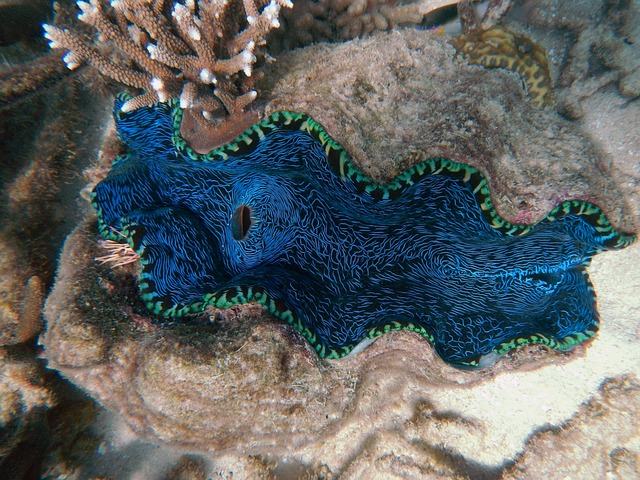Barão Drácula ⚾ Barão Drácula: A Legacy of Ambition and Transformation

Barão Drácula: A Legacy of Ambition and Transformation
In the realm of cultural narratives, few figures echo through the corridors of time with as much intrigue and complexity as Barão Drácula. A character born from the vivid imagination of an author and nurtured by the collective psyche of society, Barão Drácula transcends mere fiction, embodying the aspirations and fears of humanity. His tale is not just about the supernatural but serves as a profound commentary on ambition, transformation, and the duality of existence.Barão Drácula
Barão Drácula represents the archetype of the ambitious individual who, driven by insatiable desires, seeks power and immortality at any cost. This relentless pursuit mirrors the human condition, where the quest for greatness often leads to moral ambiguity. The character's transformation from a noble figure into a creature of darkness symbolizes the potential for greatness to devolve into monstrosity. This duality is not only captivating but serves as a cautionary tale about the perils of ambition unchecked by ethical considerations.
Historically, Barão Drácula is often associated with the figure of Vlad the Impaler, a ruler whose brutal methods have obscured his accomplishments. This conflation of historical reality and literary fiction underlines a crucial aspect of the character's legacy: the fine line between heroism and villainy. In a world that often glorifies ruthless ambition, Barão Drácula stands as a reminder of the consequences that such pursuits can entail. This duality resonates deeply with audiences, inviting them to reflect on their own ambitions and the lengths they are willing to go to achieve them.
Furthermore, Barão Drácula’s narrative invites an examination of the nature of fear and its relationship with power. The character’s ability to instill terror is not merely a product of supernatural abilities but a reflection of societal anxieties regarding authority and control. In many ways, Barão Drácula embodies the archetype of the outsider—an entity that disrupts the status quo, challenging societal norms and provoking reflection on the very foundations of power. This dynamic is particularly relevant in contemporary discourse, where questions of power, authority, and morality are ever-present.
As the narrative unfolds, one must consider the significance of transformation—not only in the physical sense but also in the psychological realm. Barão Drácula's metamorphosis into a vampire serves as a profound metaphor for the loss of humanity in the pursuit of power. It prompts an exploration of the sacrifices made in the name of ambition and the potential for self-destruction inherent in such pursuits. This transformation is not merely a loss; it is also an evolution, highlighting the complexity of identity and the ways in which one’s aspirations can alter their very essence.
The legacy of Barão Drácula extends beyond the realm of literature; it permeates various art forms, inspiring countless adaptations in film, theater, and visual arts. Each interpretation serves to reinforce or challenge the existing narrative, further enriching the character's complexity. This ongoing dialogue between the original narrative and its adaptations reflects the evolving nature of cultural discourse, demonstrating how Barão Drácula continues to resonate with new generations. The character's ability to adapt to changing societal values underscores the timelessness of his story and the universal themes it embodies.
In the modern context, Barão Drácula’s narrative has sparked discussions about the nature of ambition in a globalized world. The relentless pursuit of success, often glorified in contemporary culture, bears striking similarities to the character's insatiable thirst for power. As societies grapple with the consequences of such ambition—whether in politics, business, or personal endeavors—the lessons derived from Barão Drácula's tale become increasingly relevant. The character serves as a mirror reflecting society's struggles with ambition, morality, and the definition of success.Barão Drácula

In conclusion, Barão Drácula is more than a mere figure of horror; he is a complex symbol of ambition, transformation, and the duality of human nature. His legacy invites reflection on the moral complexities of ambition and the consequences of unchecked desire. As society continues to navigate the intricate landscape of power and identity, Barão Drácula stands as a testament to the enduring power of narrative in shaping our understanding of ourselves and the world around us. His story, marked by both triumph and tragedy, encourages a deeper exploration of what it means to aspire, to transform, and ultimately, to confront the shadows that dwell within.Barão Drácula

Fale conosco. Envie dúvidas, críticas ou sugestões para a nossa equipe através dos contatos abaixo:
Telefone: 0086-10-8805-0795
Email: portuguese@9099.com


